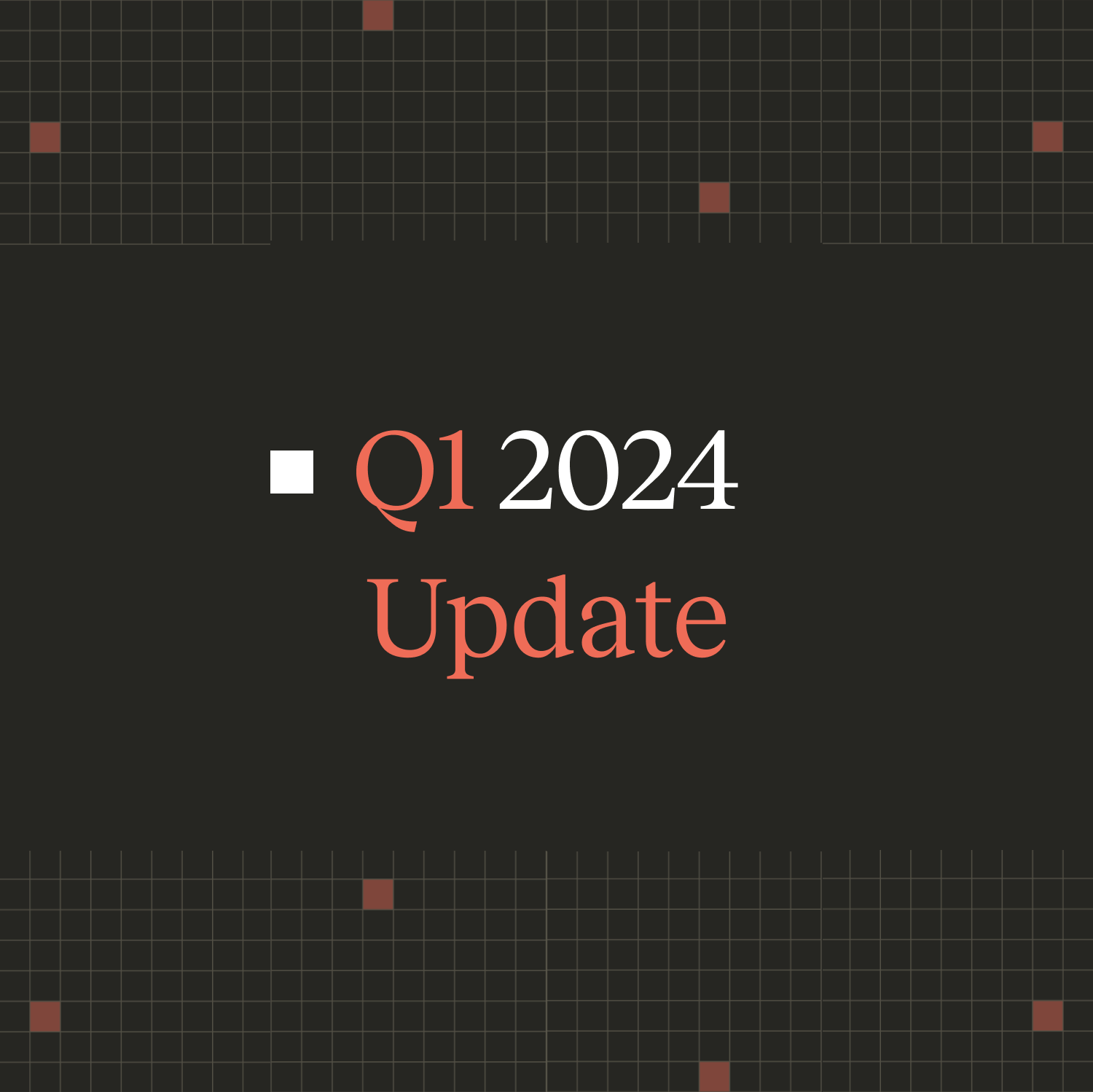
Factored Quality’s evolving technology simplifies global manufacturing: Q1 2024 Update
Reflections from rewriting the FQ platform from the ground up

The importance of moral business practices and work environments cannot be understated. Social auditing is one tool for evaluating how well a supply chain is meeting relevant laws and standards. While many types exist, the ethical trade audit developed by SEDEX is a leader in the field of social compliance.
SEDEX, or the Supplier Ethical Data Exchange, is a non-profit organization dedicated to promoting ethical business practices. They created and continue to utilize a protocol called the SEDEX Members Ethical Trade Audit (SMETA) which outlines expected standards. In order to keep it current, this protocol is reviewed and updated as needed by members utilizing stakeholder feedback. It utilizes four pillars as a foundation that are outlined below. Which ones are utilized will depend on whether a 2-pillar or 4-pillar audit is being conducted.
The four pillars of SEDEX are:
The first two are included in their 2-pillar audits, while the third and fourth are part of 4-pillar audits. Supply chains have the option of choosing which type of audit they desire and what would be most helpful for them. Together, these categories account for any required laws and industry preferred practices.
If you’re interested in having an audit completed, first decide whether you’d like to audit a supplier’s location either in person or remotely. SMETA audits are completed by SEDEX-approved auditing companies that have met the criteria set forth by the organization.
The audit itself will include an opening meeting followed by a document review, site tour, and meetings with both management and workers. The evaluation of the health and safety of the working conditions is used to develop a Corrective Action Plan Report, which will include the outcome of the audit and any forward work necessary for improving deficiencies.
A closing meeting will end the audit, where these will be shared, to determine how to make improvements where needed.
Our network of over 1,500 qualified inspectors will help you understand your company’s ability to meet compliance guidelines and your customer’s ethical expectations. Learn more about our digital quality control programs by booking a demonstration today.